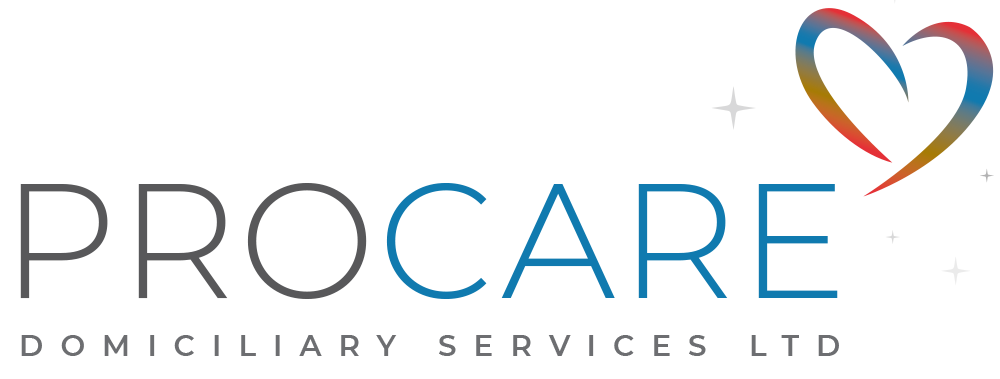Following a stroke, an individual’s healthcare needs become a primary concern. Medication management is a critical aspect of ensuring a successful recovery, preventing future complications, and improving their overall well-being. This guide provides clear and practical steps to help you navigate this responsibility effectively, ensuring the person you are caring for receives the medications they need to manage their health and optimize their quality of life.
Understanding Stroke Medications
- Commonly prescribed medications: After a stroke, the patient may be prescribed medications to manage blood pressure, cholesterol, blood sugar, prevent blood clots, and address other stroke-related complications. Familiarize yourself with these medications, their purpose, dosage, and potential side effects.
- The importance of adherence: Taking medications as prescribed is crucial for stroke recovery and preventing future strokes. Employing strategies to stay on track, such as using pill organizers, setting reminders, and involving the patient in the process can be immensely helpful.
Practical Tips for Medication Management
To ensure your patient receives their medications consistently and correctly, it’s crucial to develop a clear and organized system. Here are some practical tips to help you achieve this:
- Make a clear schedule: Write down when each medication needs to be taken, with the dosage, and any special instructions. This can be a simple chart, a digital calendar app, or a dedicated medication management app like My Meds or Medisafe, which are popular options among carers in the UK.
- Organize for ease: Keep all medications in a safe, designated spot, ideally out of reach of children. Consider a pill organizer to pre-sort medications by day and time, making it easier to grab the right ones at the right time.
- Watch for side effects: Pay attention to how your parent feels after taking their medications. Keep a note of any side effects you notice. If you’re worried, talk to their GP or pharmacist.

To ensure your patient receives their medications consistently and correctly, it’s crucial to develop a clear and organized system.
Communicating with Healthcare Professionals
Effective medication management for your patient after a stroke requires a strong partnership with their healthcare team. This team typically includes the patient’s GP, pharmacist, and any specialists they may be seeing. Open and honest communication is essential to ensure everyone is on the same page and your patient receives the best possible care. Don’t hesitate to ask questions or share any concerns you may have about their medications.
- Regular medication reviews: Scheduling regular medication reviews with your patient’s GP is essential to ensure their medications are still appropriate and effective. These reviews allow your doctor to assess their overall health, monitor for potential side effects, and adjust medications as needed. Bring a list of all their medications, including over-the-counter drugs and supplements, to each appointment.
- Accessing support services: The NHS offers various support services for stroke survivors and their caregivers, including medication reviews and home visits from pharmacists. Don’t hesitate to ask your GP or local NHS trust about available resources. These services can provide valuable advice and support to help you manage your patient’s medications effectively.
Additional Resources
- Stroke Association UK: Offers information and support for stroke survivors and caregivers, including medication management resources.
- NHS website: Provides comprehensive information on stroke, medications, and available support services.
- Carers UK: Offers support and resources for caregivers, including medication management advice.
Managing Medication After a Stroke: Help is Always Available
Managing medications after a stroke can be a challenging but rewarding part of caring for someone. By following these tips and seeking support when needed, you can ensure your parent receives the best possible care and enjoys a better quality of life after their stroke.
Remember, you are not alone in this journey. There are many resources available to help you, including healthcare professionals, support groups, and online communities. Don’t hesitate to reach out for help and guidance whenever you need it. With a proactive and informed approach, you can empower your parent to manage their medications effectively and live a fulfilling life after stroke.


Recent Comments